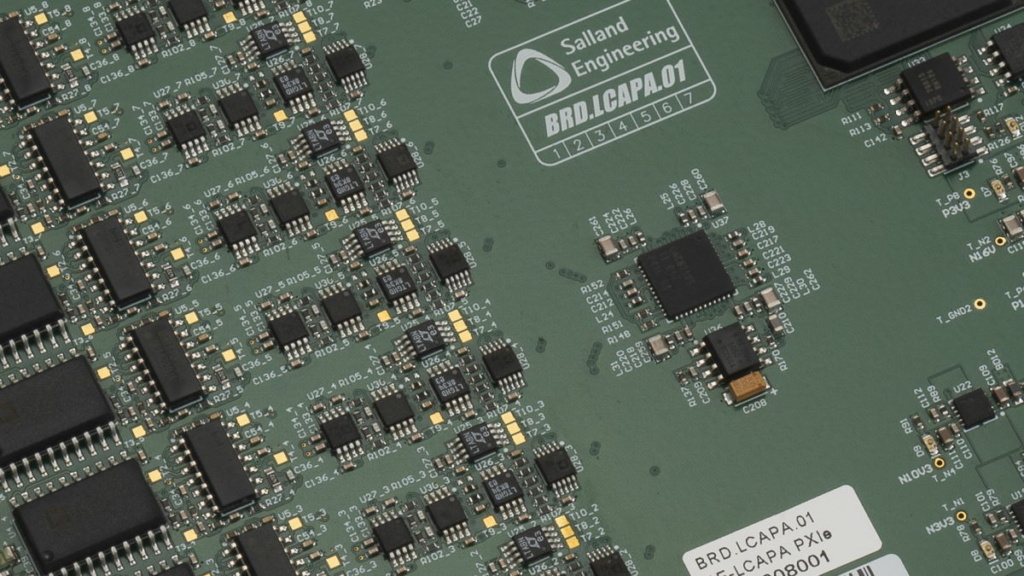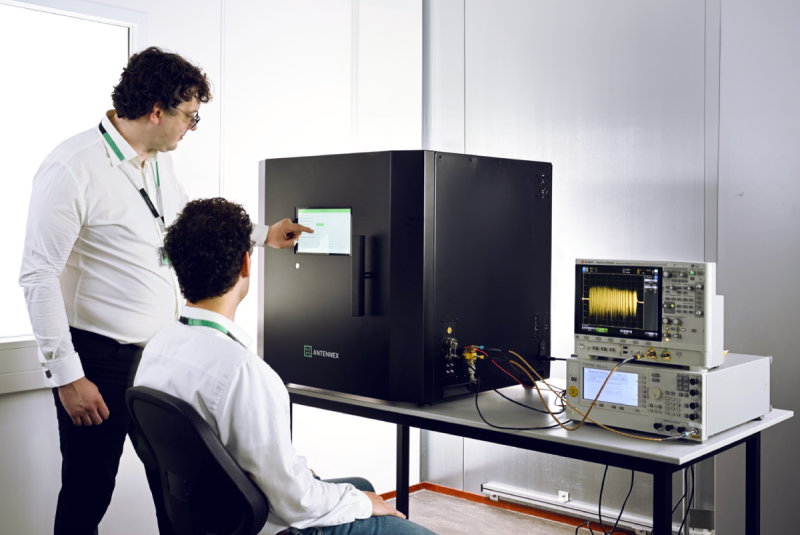Currently, MEMS testing basically comes in two flavors: highly automated but tailored to a very specific device that’s manufactured in high volumes, and, essentially, manual inspection for everything else. A consortium of ‘neighboring’ companies and research institutes aims to bridge that gap by developing an all-electric, universal MEMS testing solution suitable for all volumes.
Imagine having to discard a product at the final stages of its production process because it turns out a chip is malfunctioning. This doesn’t happen very often in the electronics industry because chips are rigorously tested before they’re mounted. But not all companies, particularly manufacturers of specialized MEMS chips, have the luxury of low-cost and highly automated testing procedures.
Because of their mechanical nature, MEMS are more complex to test than electrical ICs. Large MEMS manufacturers like Analog Devices and Bosch can afford to develop highly specialized testing equipment, but for companies with lower volumes, sometimes as low as a few thousand devices per year, that’s never going to be cost-effective. Nor are there any specific ‘MEMS testing houses’ to outsource to. These companies have to resort to labor-intensive ‘manual’ testing, which often isn’t enough to prevent that a percentage of the final assembled product won’t work.



